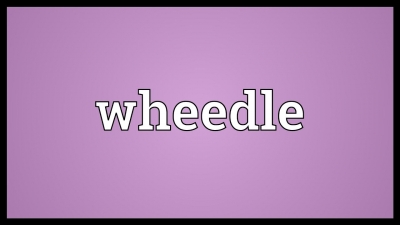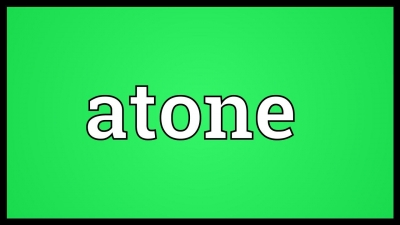
Meaning: A verb, wheedle means to use words for flattery. It is done to persuade the other person to do something.
Origin: The first-known use of the word was in 1661, although the origin of the word is still not known.
Usage: The sales representative was so good that she could easily wheedle my brother into spending more money than he had intended to.
Picture Credit: Google





